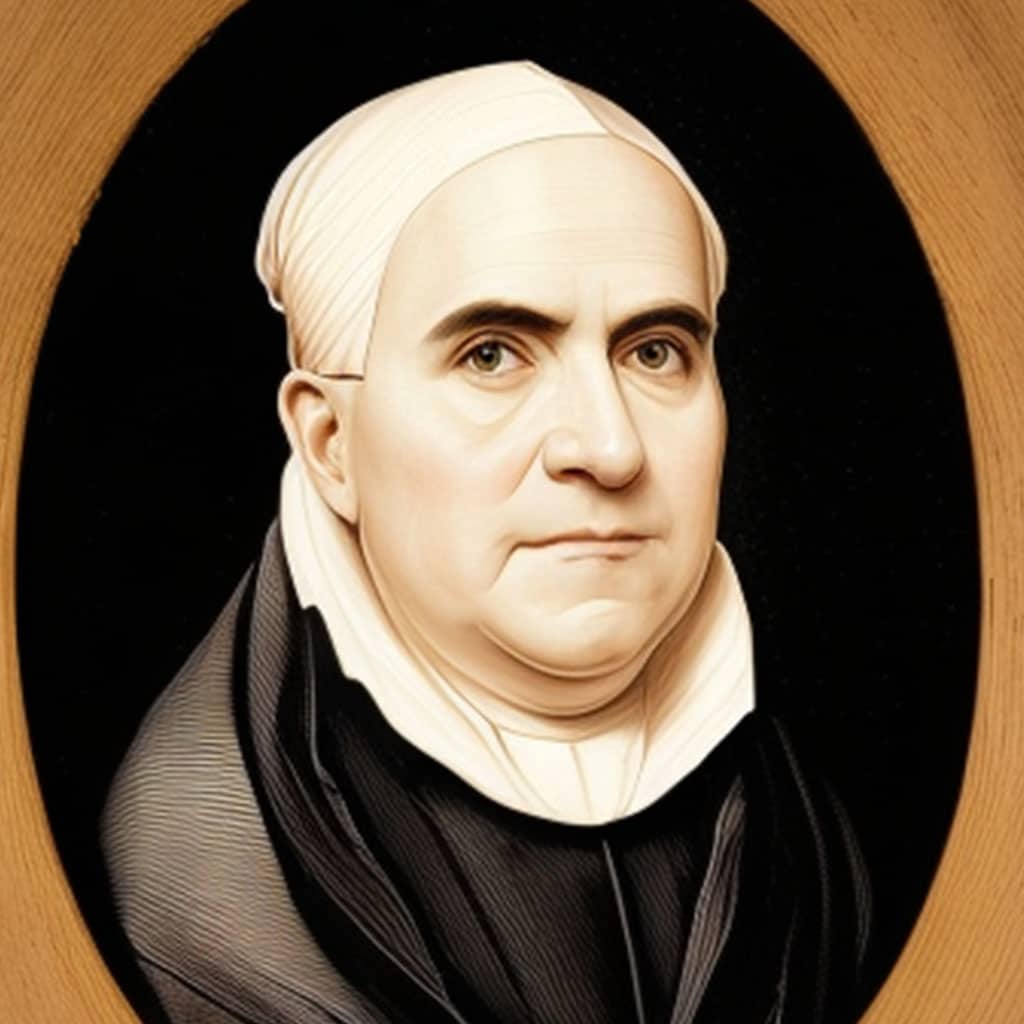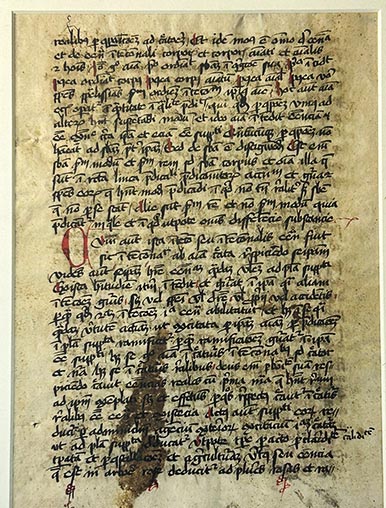REMNANT TRUST COLLECTION
Thomas Aquinas

“We can’t have full knowledge all at once. We must start by believing; then afterwards we may be led on to master the evidence for ourselves.”
– Aquinas
b. 1227 CE – d. 1274 CE
Thomas Aquinas was a Dominican monk who attempted to reconcile Christian doctrine by utilizing Aristotelian methods and structure to fashion a philosophical basis for Christian belief in a purposive and loving Creator God. Recognizing the power of the mind, he sought to show that Christianity, as interpreted by the church, was logically consistent. In doing this, he fell within an important tradition in which the human mind was fast becoming the court of final appeal.
Aquinas’s perspective was unique because he disagreed with the Stoics, Cicero, the Roman jurists, and the early Church fathers, all of whom maintained that the institutions and laws of men were only historical and conventional. Influenced by his exposure to the natural philosophy of Aristotle and drawing from “The Philosopher,” Aquinas challenged the dogmatic statements of the Church fathers by reintroducing nature into the human.
While Aquinas left no one particular student or follower to carry on his work, the Dominican Order itself promulgated Thomatic philosophy and theology with success. Aquinas was canonized in 1323 and The Summa Theologiae soon dominated the field of Catholic Theology, remaining its indisputable basis until the middle of the 20th Century.


